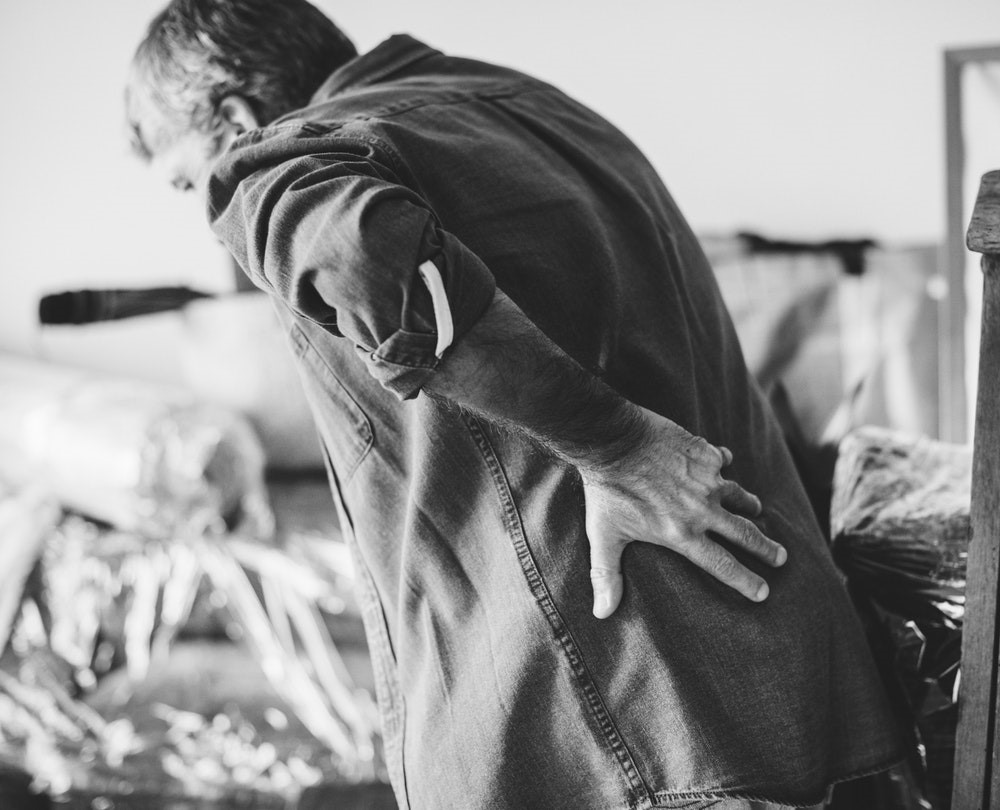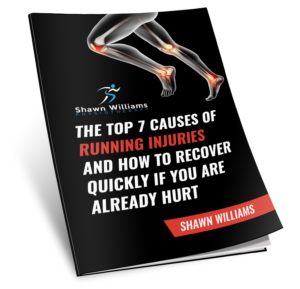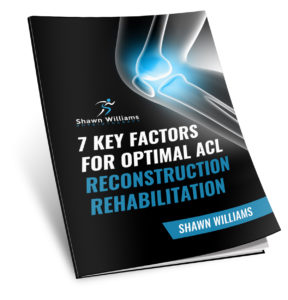Almost everyone will experience some sort of lower back pain within his or her lifetime. This pain can really disrupt your daily life due to difficulty sleeping, missed work, trouble completing household chores, and much more.
Lower back pain is one of the most common conditions I treat; therefore, I thought I would share some of the questions I frequently get asked by clients regarding their lower back pain.
Should I go see my doctor?
Many physicians will simply give you a prescription medication for your symptoms. Your doctor may prescribe a non-steroidal anti-inflammatory (NSAIDs) medication; however, there are dangers associated with chronic use of these medications. Even regular use of over the counter NSAIDs (i.e. Advil, Motrin, etc.) has been linked to increased risk of heart attack and stroke. One week of continuous NSAID use has been linked to a 50% increase in heart attack and stroke. Your doctor may also prescribe opioids. These medications are highly addictive, leading to many complications down the road. They also effect your ability to concentrate, work and drive. These medications should not be used when operating machinery or driving. Opioid prescription is one of the factors that has led to a growing opioid epidemic which is leading to more deaths every year in Canada. Many doctors will also recommend diagnostic imaging such as x-ray or MRI. These scans often have lengthy wait times and often only reveal age-related changes to the spine. Age-related changes often have nothing to do with your lower back pain; though having these results can negatively alter the way you view your recovery. Only under certain circumstances is an MRI useful in most cases for back is of no benefit.
Is it safe for me to exercise?
Pain is often thought of as indicator for what activities are safe to do, and which are not. Many people will stop an activity as soon as they experience a slight pain; however, this is not always the right answer. A little bit of pain during an activity is safe and does not indicate you are causing more harm. If you begin to experience more sharp or severe pain, that can indicate you are pushing yourself too hard, and may be causing more harm. The exact level of activity that is safe for each person differs with his or her prior level of fitness. Light to moderate activity, is generally safe. Low-impact activities such as walking is a great place to start!
Will low back pain get better if I just rest?
Complete rest is not generally a recommended treatment for lower back pain. Bed rest, even for just a couple days, may cause deconditioning. This means you lose muscle strength and endurance, making it difficult to return to daily tasks even when your back pain has decreased. Additionally, more prolonged immobilization is linked to long-term tissue changes, increased low back pain re-occurrence, loss of bone density, and respiratory complications such as decreased ventilation and pneumonia.
What can physiotherapy do for me??
A physiotherapist can help you decrease pain and get you back to work and living without the use of pain medications or surgeries. Lower back pain can be the result of many different conditions. A physiotherapist can determine the cause of your pain, and develop a treatment plan tailored to your condition. The treatment plans vary depending on the condition, though may include a combination of postural corrections, education on how to safely perform movements, strengthening of your deep core muscles, decompression of spinal structures, stretching of tight muscles and hands on manual therapy to help make your back feel and move better. A physiotherapist can determine if it’s beneficial to see your Doctor and can provide recommendations to your doctor so that you can be ensured the best outcomes.
In most cases it will not be necessary to see your doctor for any diagnostic imaging or pain medication ( Check out the article Myth: Painkillers will cure your back). If you are dealing with low back pain and want to know how we can help call or text 416-660-4187.




